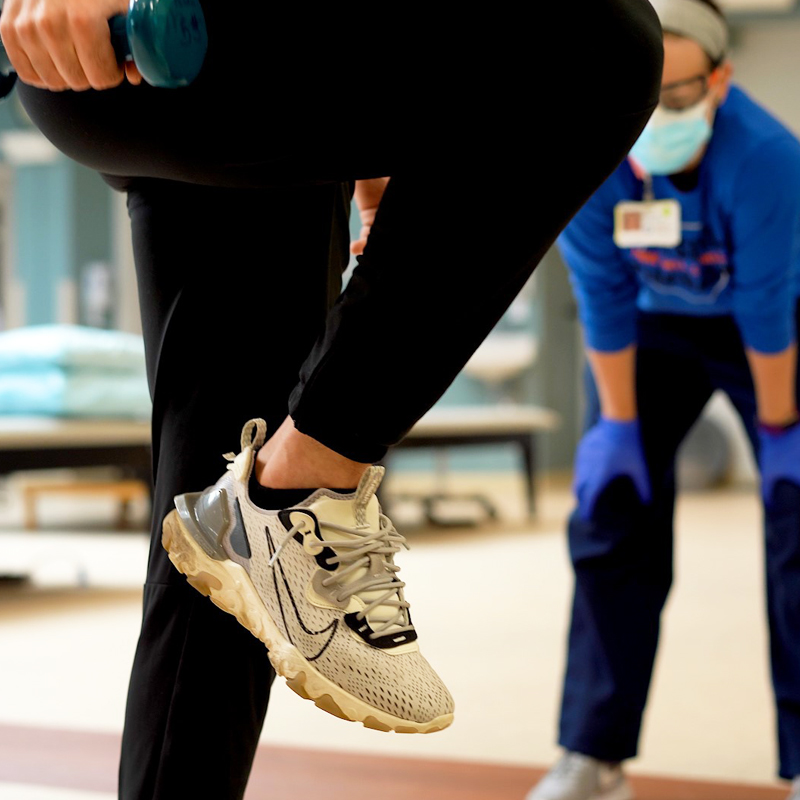

The spine is an amazing and well-engineered machine. Comprised of 26 bones—not to mention 120-plus muscles, approximately 220 ligaments and more than 100 joints—it protects the spinal cord, keeps the body upright and allows the body to move in virtually every direction. It does all of this with gravity constantly bearing down upon it.
As amazing as it is, the spine is not invincible. If you don’t take care of it, you can experience acute or chronic neck and back pain, conditions like scoliosis and debilitating spinal cord injuries whose symptoms may include loss of sensation, incontinence, involuntary spasms, changes in sexual function, impaired breathing and, in the very worst cases, permanent paralysis.
Fortunately, there are things you can do to keep your spine healthy and strong. Here are seven of the most important.
Take your vitamins: For women, especially, dietary supplements are the most important ingredient in spine health, says Tamir Tawfik, M.D., a neurosurgeon at Ocean Medical Center. “Of the utmost importance for women—even from a very young age—is taking calcium and vitamin D supplements consistently, every day throughout their lives, to prevent osteoporosis,” he says.
Maintain a healthy weight: Calcium and vitamin D may be critical for women, but a healthy diet overall is important for everyone. Maintaining a healthy weight and good nutrition reduces stress on the spine.
Maintain good posture: Your mom was right—standing up straight really is important. Good posture means:
- Maintaining a neutral spine and avoiding twisting
- Keeping your ears, shoulders, hips and knees in alignment
- Supporting your lower back and keeping your feet flat on the floor while sitting in a chair
Sleep strategically: Sleeping on your back puts extra pressure on your spine. To reduce that pressure, buy a firm mattress, which distributes pressure more evenly, and sleep with a pillow under your knees while lying on your back or between them while lying on your side.
Stop smoking: Smoking doesn’t just increase your risk for cancer, respiratory illness, heart disease and stroke. It also damages the spine, according to the National Spine Health Foundation, which says tobacco use contributes to intervertebral disc disease and can exacerbate one’s risk for osteoporosis.
Exercise regularly: They may not bulge like biceps, but strong back muscles are important because they support the spine. You should do back strengthening and stretching exercises two to three times a week in order to minimize back injuries and speed recovery from them. “For spine health, you want to focus on your core,” Dr. Tawfik advises. “You want all the muscles surrounding your spine to be nice and strong, so they can keep you erect.”
Exercise responsibly: Although exercise is important, Dr. Tawfik stresses it also can be injurious if you don’t do it properly. “If you’re exercising, you need to be cognizant about your posture and the alignment of your spine,” he says. “If you’re lifting weights, for example, it’s very important to keep it to a manageable weight and use your leg muscles and not your back. Bending and lifting is the worst thing you can do for your spine.”
Find a doctor near me

When to Take Stomach Pain Seriously

How Isolation Can Affect Cognitive Function

When & How to Schedule a Virtual Visit if You’re Feeling Sick
